A 40-year-old Kenyan man has allegedly gone viral after claiming he is the firstborn son of billionaire Elon Musk, so confident in his claims that he wants a DNA test to prove them.
With an undeniable resemblance to the tech mogul and identifying himself only as a “mental health activist,” the man alleged his mother met a 20-year-old Musk in the early 1990s while working at a hotel in Kenya’s Masai Mara.
However, as soon as the initial surprise of the image faded, netizens started noticing something was off. The story first surfaced on an account called African Hub, which suspiciously declined to provide the man’s name, any verifiable identification, or additional photographs.
Almost immediately, it began to unravel.
Netizens are doubting the veracity of a story claiming that a 40-year-old Kenyan man is Elon Musk’s firstborn son
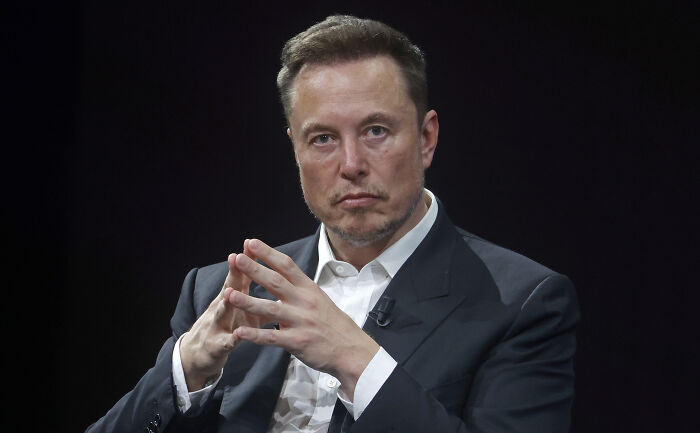
Image credits: Getty / Chesnot
Viewers soon started noticing several red flags, the first of which being that the math simply didn’t work.
Elon Musk is 54 years old. If the Kenyan man is 40, Musk would have been just 14 at the time of his birth—not 20 as the post claimed. This glaring age discrepancy was the first sign that the story didn’t hold up.
“Elon isn’t 60 he’s like 53 or 54,” a user wrote. “It’s impossible.”

Image credits: Record TV Africa
Still, some were not ready to let the story go.
“If you read history, the practice of taking adolescent boys to brothels was very common, young as 13,” a viewer argued. “So when people say how could this be possible when Elon was 15, I would say anything is possible.”
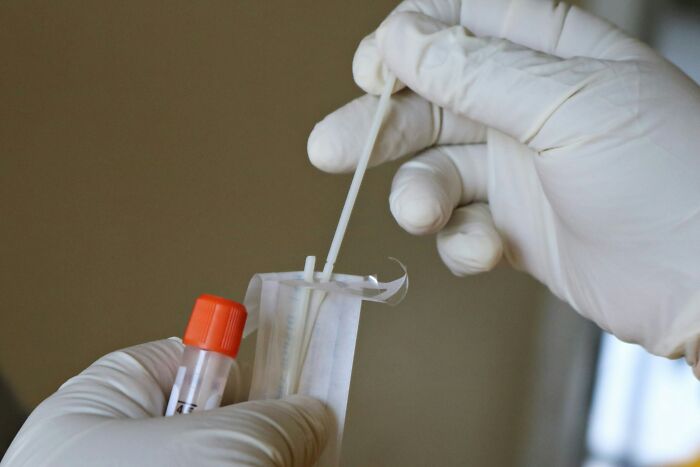
Image credits: Unsplash / Mufid Majnun
The second red flag was the man’s anonymity. Without a name, location, or records, social media users questioned whether he exists beyond the single circulating image.
Even accounts that reposted the image, such as Pie Radio UK, acknowledged they had shared the image without proper fact-checking when confronted by followers.
Many netizens suspect the image to be AI-generated, pointing to strange details in the man’s shirt and background
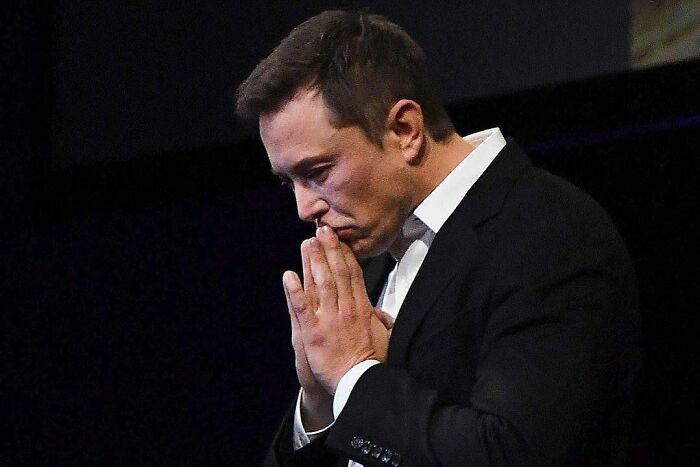
Image credits: Instagram / Elon Musk
The third red flag is that the story simply isn’t new. Exact same images and headlines first surfaced on Russian websites in March 2024.
Since then, no new images of the alleged ‘Kenyan Musk’ have surfaced, and his identity remains a mystery. This has led many to analyze the original photo, uncovering the most glaring, and final, red flag: it is likely AI-generated.
“If this is not AI let him drop another picture,” one user said
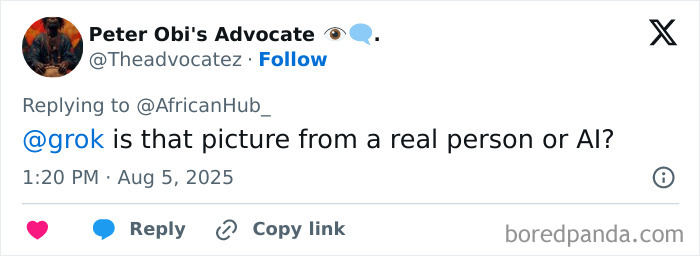
Image credits: Theadvocatez
Critics highlighted a list of telltale flaws: a blurry, warped background; awkward body proportions; and a shirt with nonsensical patterns and unnatural button placement.
Some even tagged Grok, Musk’s own AI chatbot, asking it to weigh in.
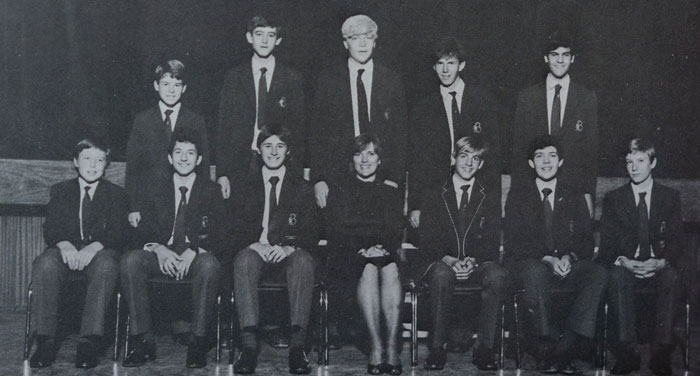
Image credits: Bryanston High School 1985 Yearbook
Finally, a few offered what they saw as the most plausible explanation: the image came from a mid-2023 social media trend in which AI was used to turn famous white celebrities into Black versions of themselves.
“This is AI, dummy. This appeared during the trend of Black versions of famous white celebrities,” another comment read.
The spread of hard to verify AI-made content is growing, with Meta deliberately injecting AI users to Facebook and Instagram
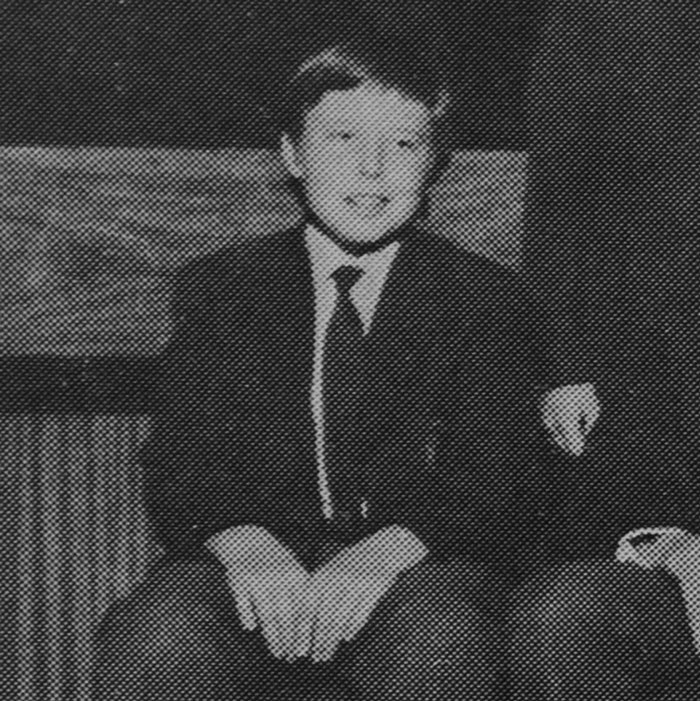
Image credits: Bryanston High School 1985 Yearbook
Beyond innocent laughs and internet sleuthing, the resurgence of the image made many ponder the so-called Dead Internet Theory.
The theory warns that the web will become increasingly saturated with AI-generated content, fake users, and fabricated news stories that circulate in a closed loop of bots creating, sharing, and consuming each other’s output.
Often described as “the internet eating itself,” the theory paints a grim picture of a digital ecosystem where truth will become harder and harder to verify.

Image credits: X / Elon Musk
In fact, AI-generated user accounts are already flooding Instagram and Facebook, according to their parent company, Meta. The tech giant is rolling out a wide array of AI products, including a tool that helps users create AI characters directly on both platforms.
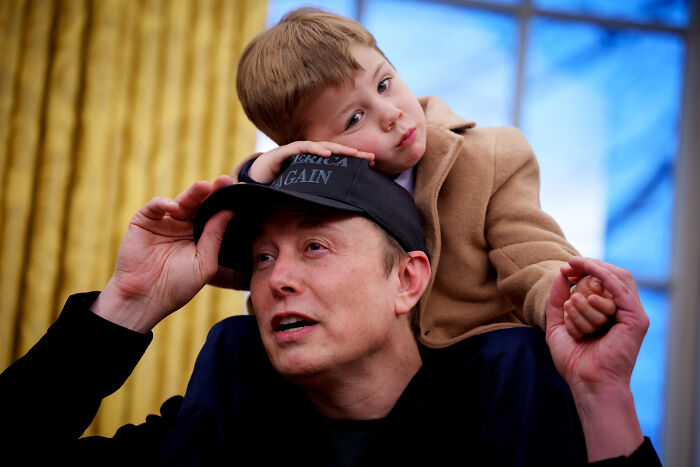
Image credits: Getty / Andrew Harnik
“We expect these AIs to actually exist on our platforms in the same way that [human] accounts do,” Connor Hayes, vice president of product for generative AI at Meta, told The Financial Times.
Compared to the rise of AI influencers, AI users, AI content, and AI people, the resurfacing of the “long lost Kenyan son of Elon Musk” seems innocent, but it may herald the beginning of something far more troubling.
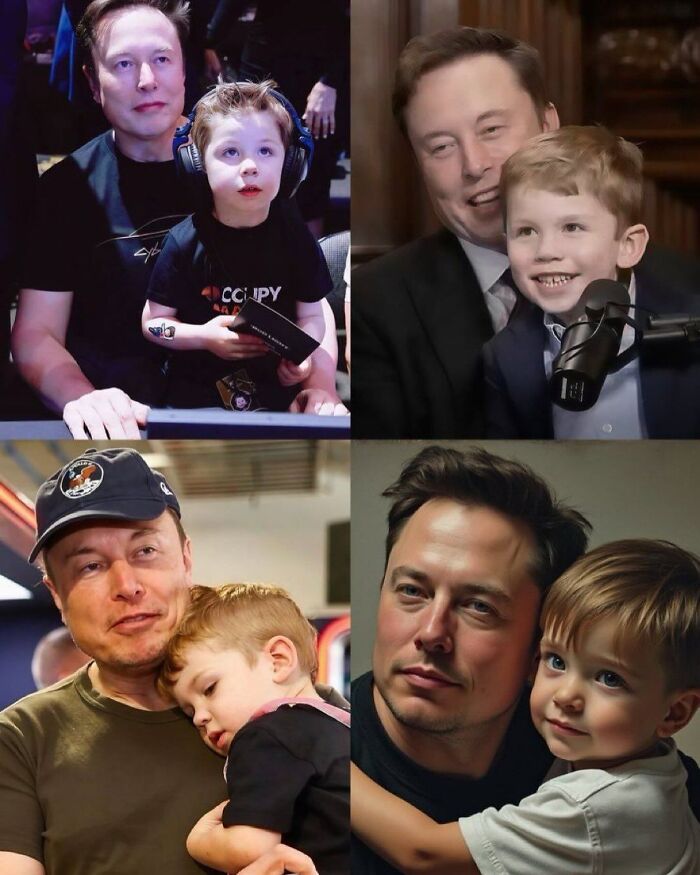
Image credits: Instagram / Elon Musk
To date, Elon Musk has fathered 14 children with four different women:
Nevada Alexander, Griffin, Vivian, Kai, Saxon, and Damian with his first wife Justine Wilson; X AE A-XII, Exa Dark Sideræl, and Techno Mechanicus with singer Grimes; Strider, Azure, Arcadia, and Seldon Lycurgus with Neuralink executive Shivon Zilis; and Romulus with influencer Ashley St. Clair.
“Desperate.” It didn’t take long for netizens to figure out the true nature of the image
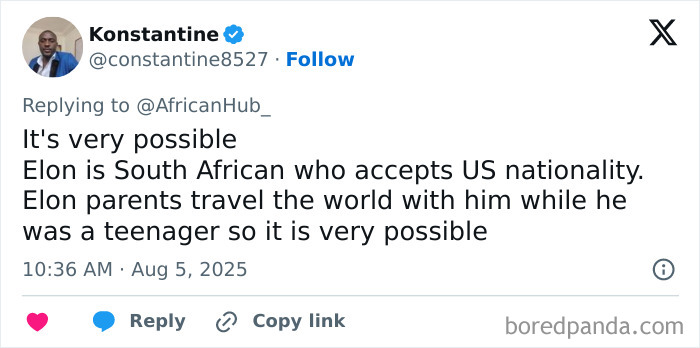
Image credits: constantine8527
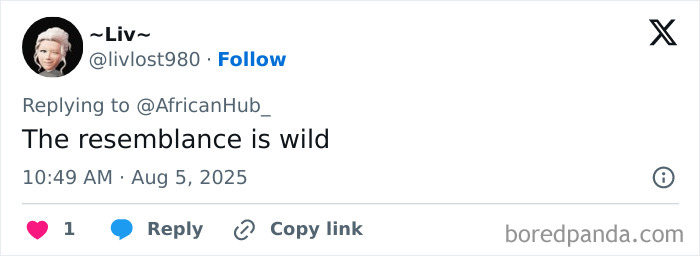
Image credits: livlost980
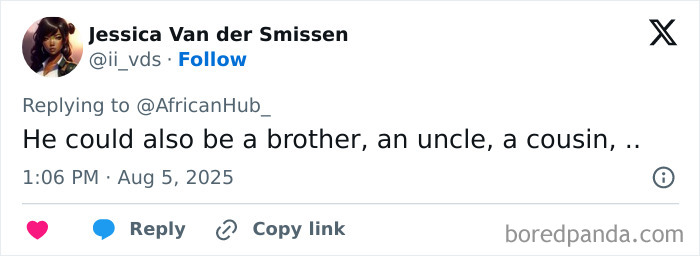
Image credits: ii_vds
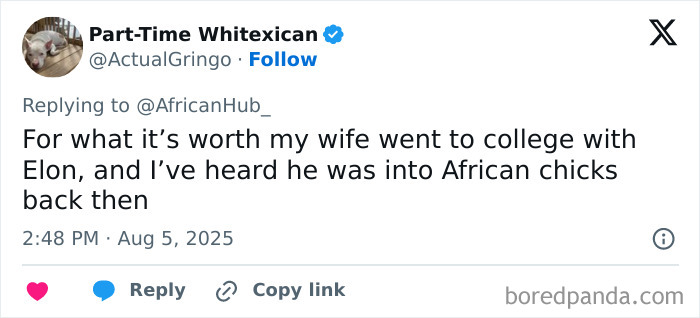
Image credits: ActualGringo
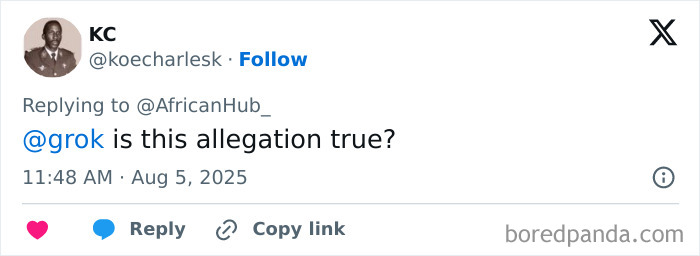
Image credits: koecharlesk
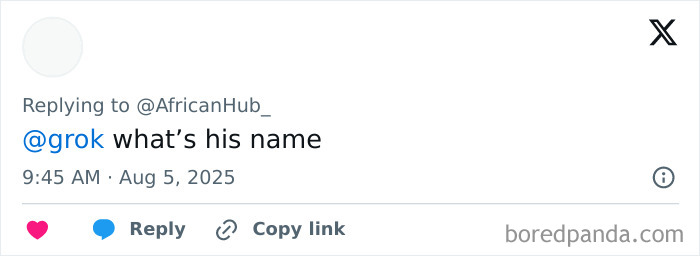
Image credits: DavidMukhari
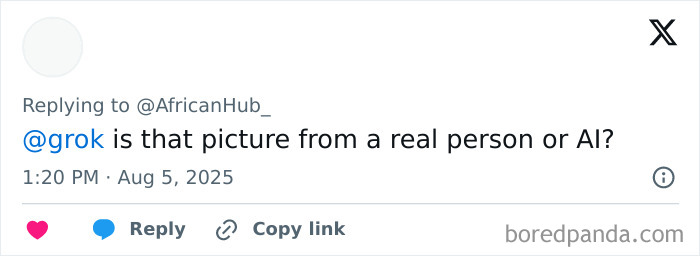
Image credits: Theadvocatez
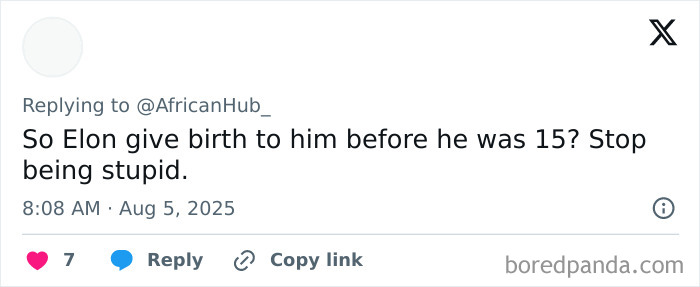
Image credits: helcaboyakh
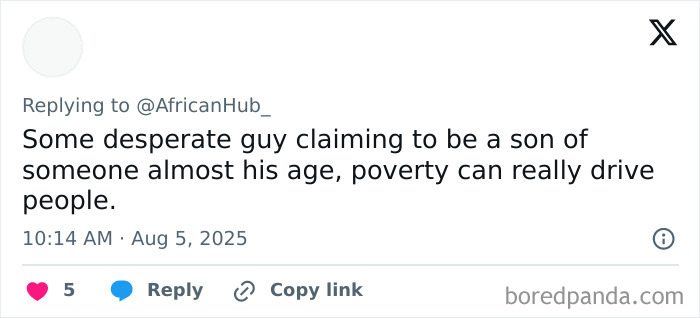
Image credits: SultanMabor92
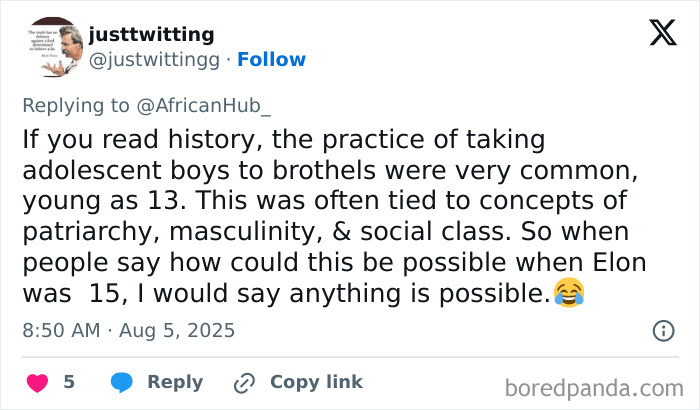
Image credits: justwittingg
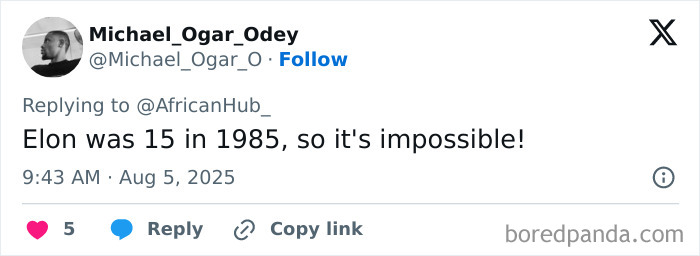
Image credits: Michael_Ogar_O
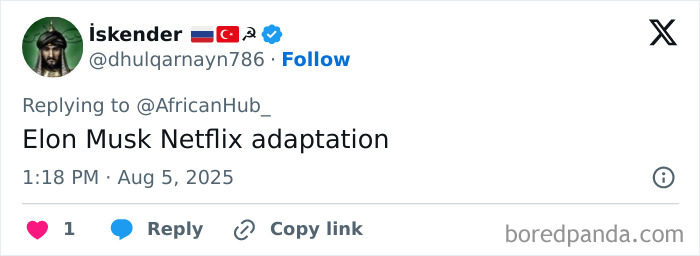
Image credits: dhulqarnayn786
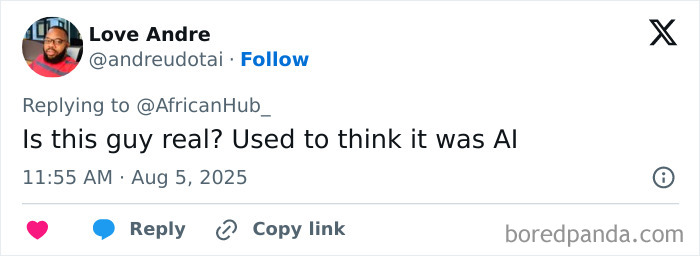
Image credits: andreudotai
 Follow Us
Follow Us





